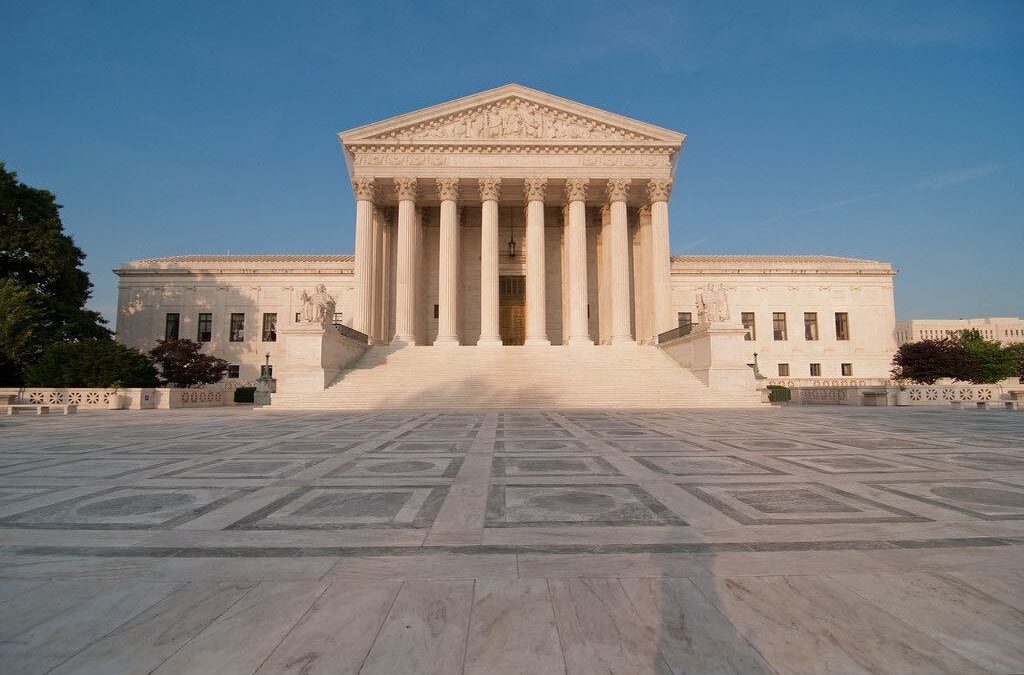WASHINGTON – The Supreme Court heard arguments Tuesday in a case that could have far-reaching effects for future inventions and when they cannot be patented.
The question is whether an inventor’s sale of an invention to a third party that is obligated to keep the invention confidential constitutes being “on sale” and therefore ineligible for a patent.
Helsinn Healthcare S. A., sued Teva Pharamceuticals for patent infringement for palonosetron, a drug used in treatment for chemotherapy-induced nausea and vomiting.
Teva sought to market a generic version of the drug, even though it was already patented by Helsinn. Since Helsinn privately sold the drug to MGI Pharma before acquiring the patent, Teva argued that the patent is invalid under the Leahy-Smith America Invents Act.
The law contains a stipulation that a person is entitled to a patent unless, among other exceptions, the invention was “on sale or otherwise available to the public” before the patent was filed. A majority of the justices’ questions centered around how this text should be interpreted.
Helsinn’s attorney argued that an invention shouldn’t be considered “on sale” if it wasn’t being sold to the public.
“Something on sale doesn’t have to be on sale to everyone,” Chief Justice John Roberts responded.
Justice Brett Kavanaugh argued that members of Congress had an opportunity to change the language of the law and failed to do so. Other justices seemed to agree.
“They didn’t say ‘on sale to the public,’” Justice Sonia Sotomayor said of the members of Congress who wrote the law, “They just said ‘on sale.’”
Attorneys for Teva agreed.
“‘On sale’ has many different meanings, including offers,” said Teva attorney William McKinley Jay.
Sotomayor asked Jay if the United States would be the only country that included private sales as something that would inhibit an inventor from obtaining a patent.
“The on-sale bar itself is unique to the US,” Jay acknowledged.
Justice Neil Gorsuch seemed to search for an alternative solution by suggesting that the court could leave the decision in the hands of the patent office.
The Supreme Court has only one more case to hear before the end of this year’s term.

